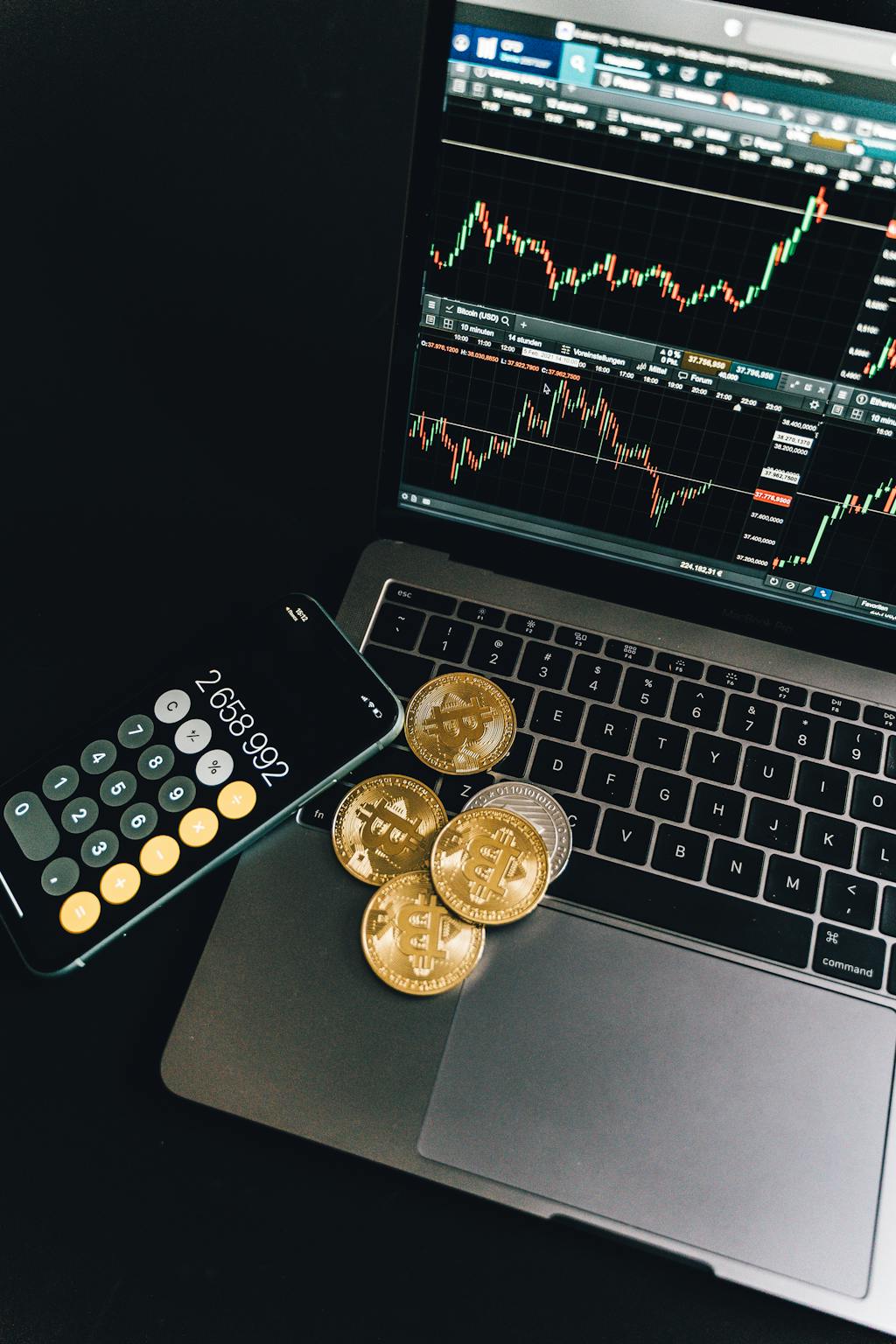Key Takeaways:
- Coinbase CEO Brian Armstrong endorses Treasury’s new approach to crypto regulation
- Focus on balancing security with privacy and innovation protection
- Alignment with recent Treasury’s reversal of Tornado Cash sanctions
In a significant development for cryptocurrency regulation, Coinbase (NASDAQ: COIN) CEO Brian Armstrong has thrown his support behind the U.S. Treasury Department’s evolved stance on crypto oversight, emphasizing the need to combat illicit activities while preserving privacy and innovation in the digital asset space.
SPONSORED
Trade with confidence on a platform that prioritizes security and innovation
Treasury’s New Approach to Crypto Regulation
The Treasury Department’s recent shift in regulatory strategy marks a pivotal moment in the cryptocurrency industry’s relationship with U.S. authorities. This development comes as regulators worldwide grapple with the challenge of maintaining security without stifling technological advancement.
Balancing Security and Innovation
Armstrong’s endorsement highlights several key aspects of the Treasury’s new approach:
- Enhanced focus on targeting specific bad actors
- Protection of legitimate privacy tools
- Support for open-source technology development
- Preservation of individual privacy rights
Impact on Cryptocurrency Markets
This regulatory clarity could have significant implications for the crypto market, potentially providing the stability needed for institutional adoption while maintaining the industry’s core values of privacy and innovation.
FAQ Section
Q: How will this affect crypto users?
A: Users can expect enhanced protection while maintaining their privacy rights.
Q: What changes will crypto businesses see?
A: Businesses may benefit from clearer regulatory guidelines while maintaining innovation capabilities.
Q: When will these changes take effect?
A: The Treasury is expected to implement these changes gradually throughout 2025.






